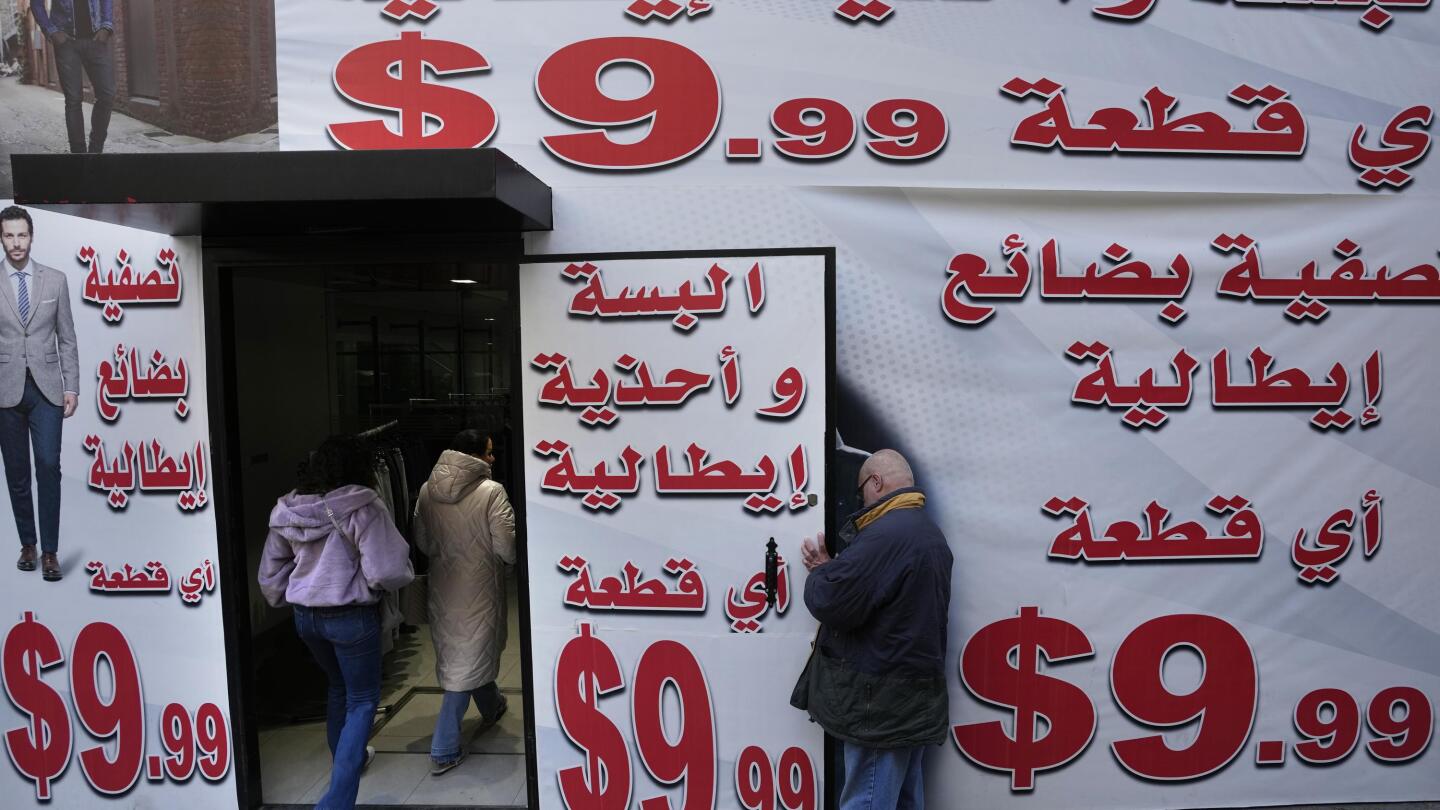Without a fixed exchange rate between the two currencies it creates huge technical problems: what currency are taxes and benefits paid in, what currency is the minimum wage set at, presumably two different interest rates would apply within the country...
Setting that aside there's another problem: there's nothing intrinsically geographic to money. It would presumably be legal to use either currency in any part of the country (just like it's legal to use euros in the UK: places don't need to accept them but can) and then Gresham's law would apply. What stops the Euro gradually displacing the £ is that government doesn't accept it and there's no reasons for others to make the switch unless their close to a border. In the example you cited there would be predictable exchange rate movements so it's likely to be displaced just like with the adoption of the $ discussed by others above. Making it illegal to use one currency in a particular region would need strong capital controls around that region to stop a black market growing up, and these may well impoverish that part of the country by making it undesirable to invest (or work) in that region due to the difficulty of getting any profits out and the falling relative wages. In some ways money is a veil, the car industry suffered a decline in relative profitability/importance so it needs either fewer workers or to pay them less (or both). Having a Detroit currency would just enable an easier drop in relative wages through devaluation rather than renegotiation. The veil might make adjustment easier but it's unlikely to change the fundamental position or fewer workers or lower living standards. This is especially the case when debt is involved: would Detroit have been able to borrow in Detroit currency which it could chose to devalue or would it have had to borrow in the $ used by the rest of the US, in which case devaluing would make it harder to repay the debt (since revenues would fall without affecting the debt).
With a fixed exchange rate between them then it seems a bit pointless
An example that springs to mind of two currencies in a single country is historic (but not geographic). It used to be the case that high value coins in England and France were made of a certain weight of gold and low value coins of a certain weight of silver. So in England there were Gold guineas and silver shillings whereas in France there were gold Louis d'or and silver ecu. Unfortunately the values didn't line up well so English silver coins tended to be melted down and exchanged for melted down French gold coins. This is how England ended up on the gold standard.
I got a bit carried away, sorry...

